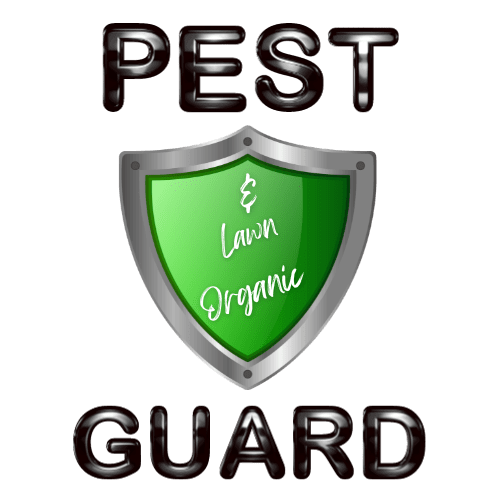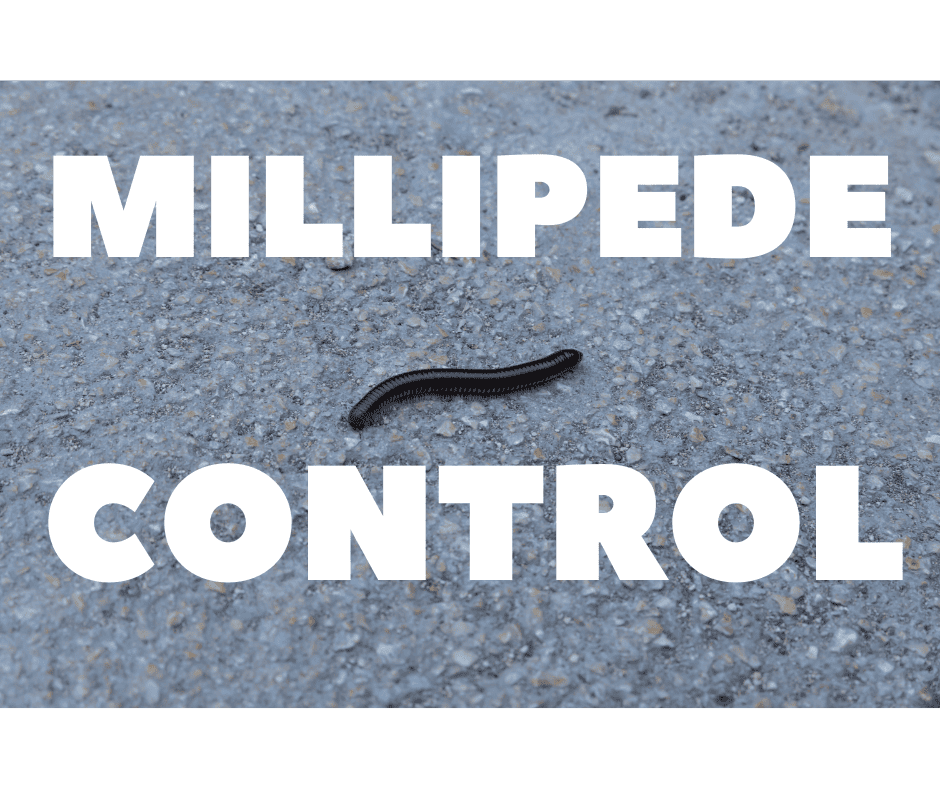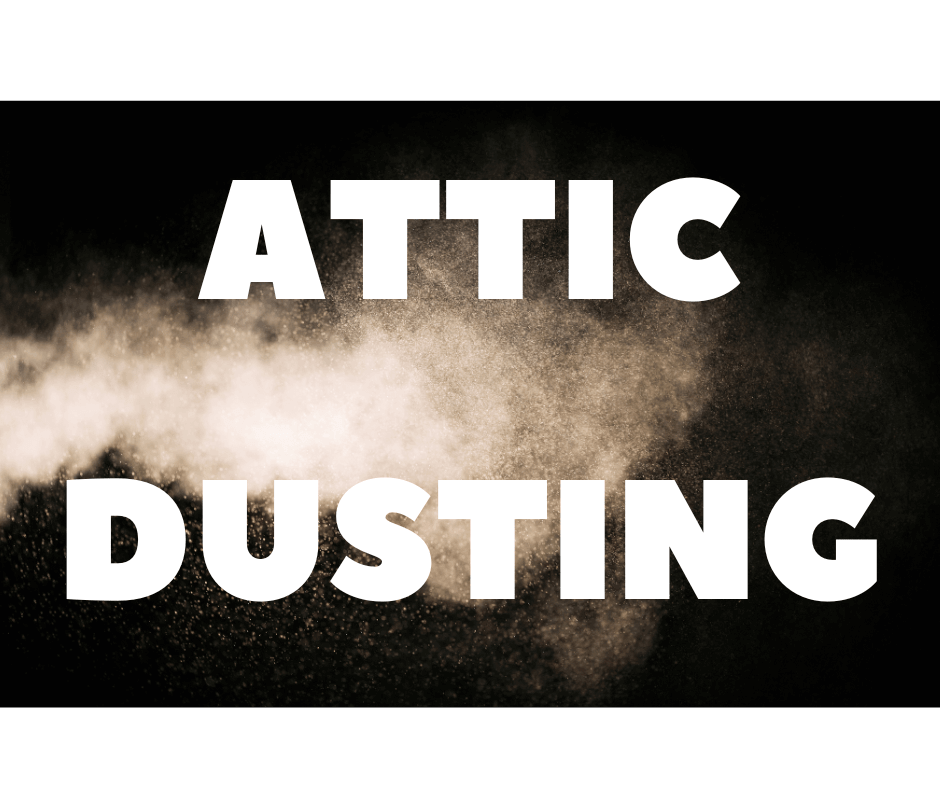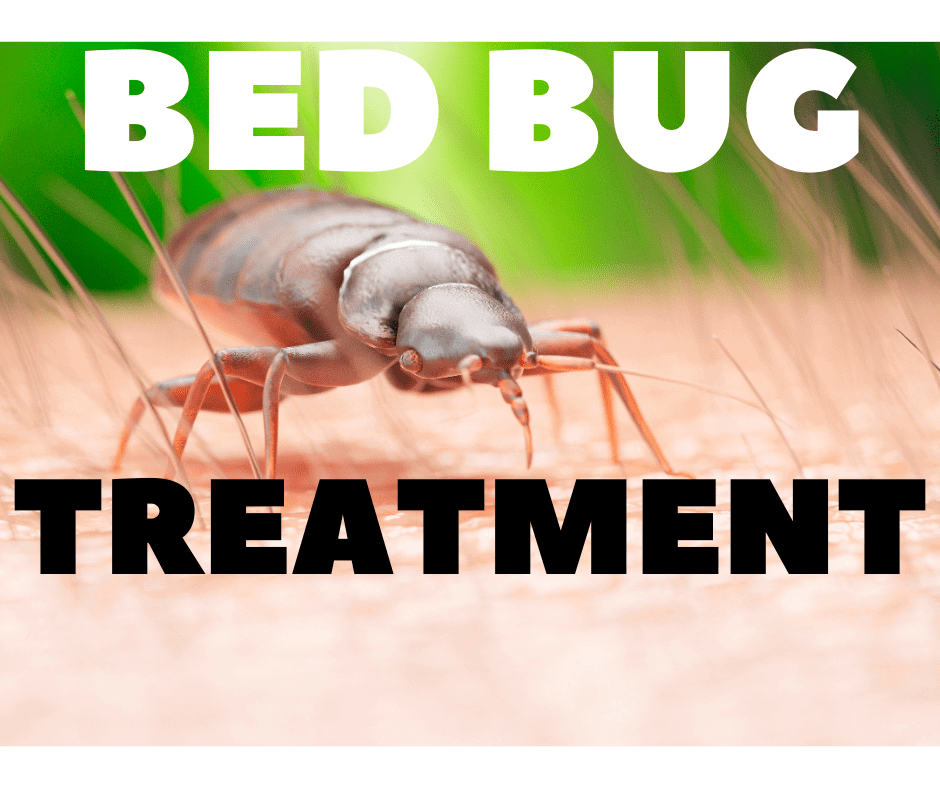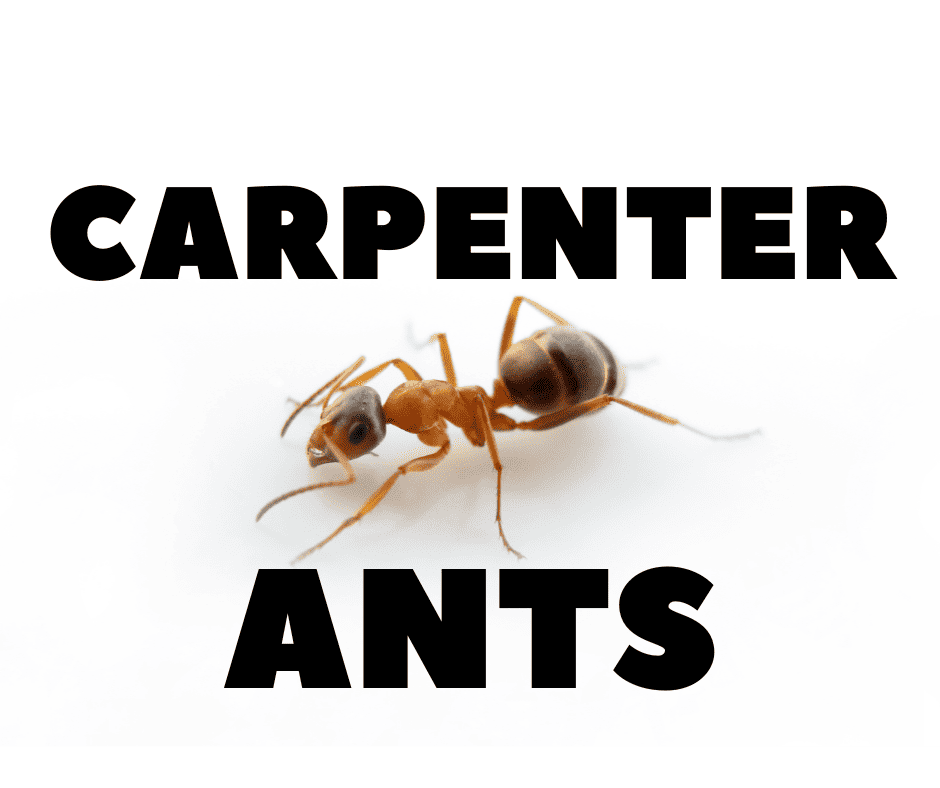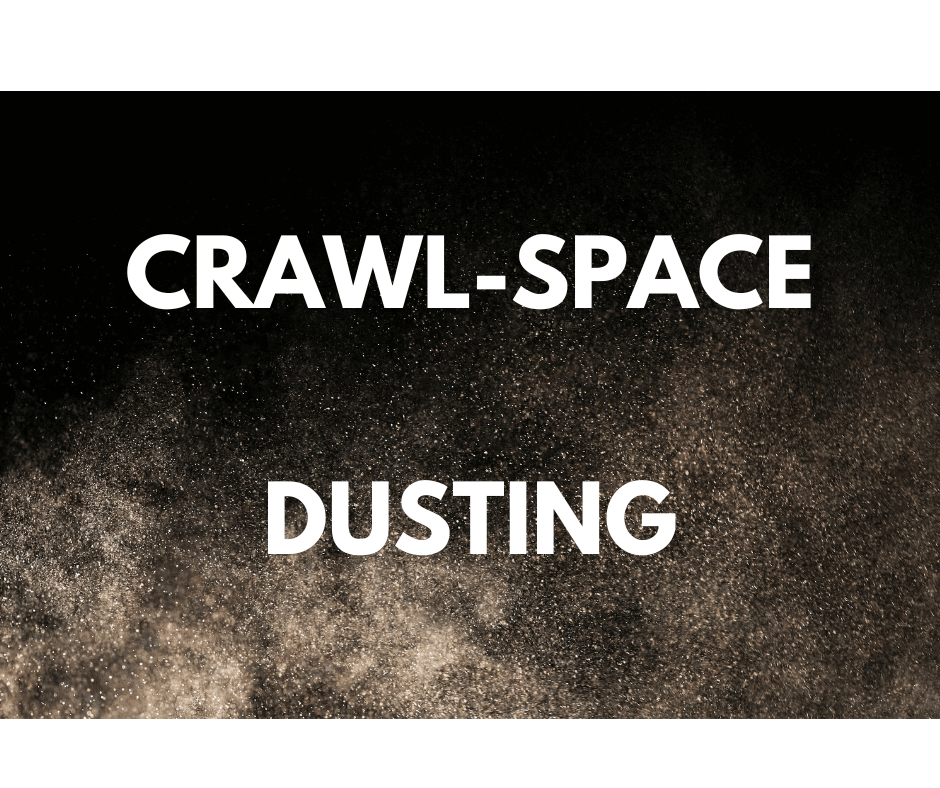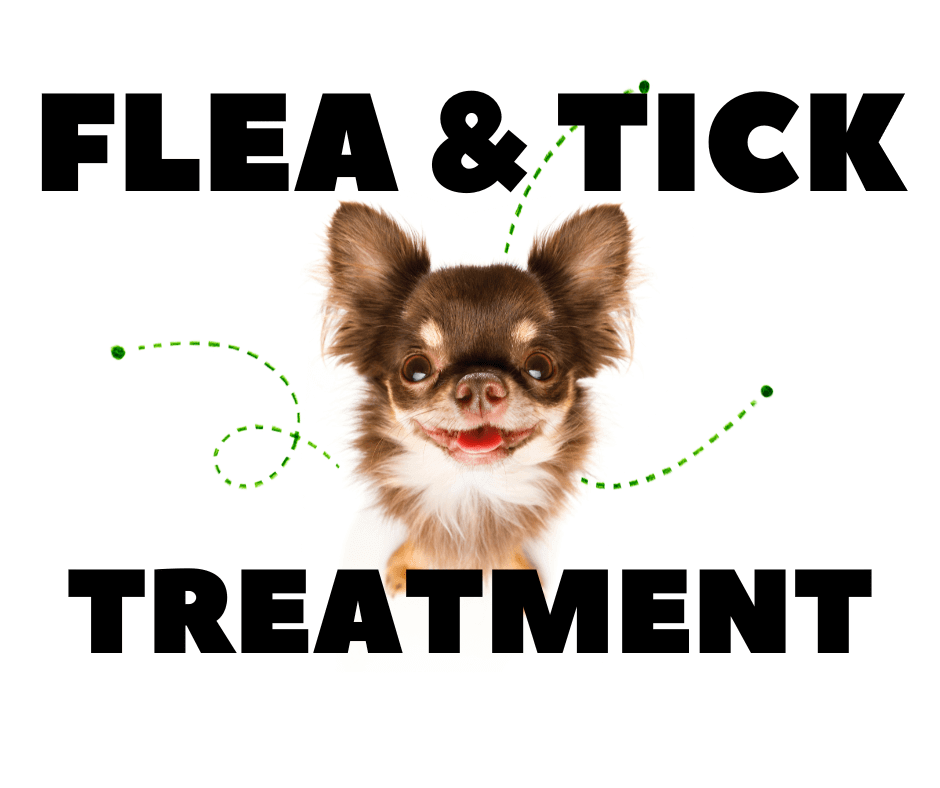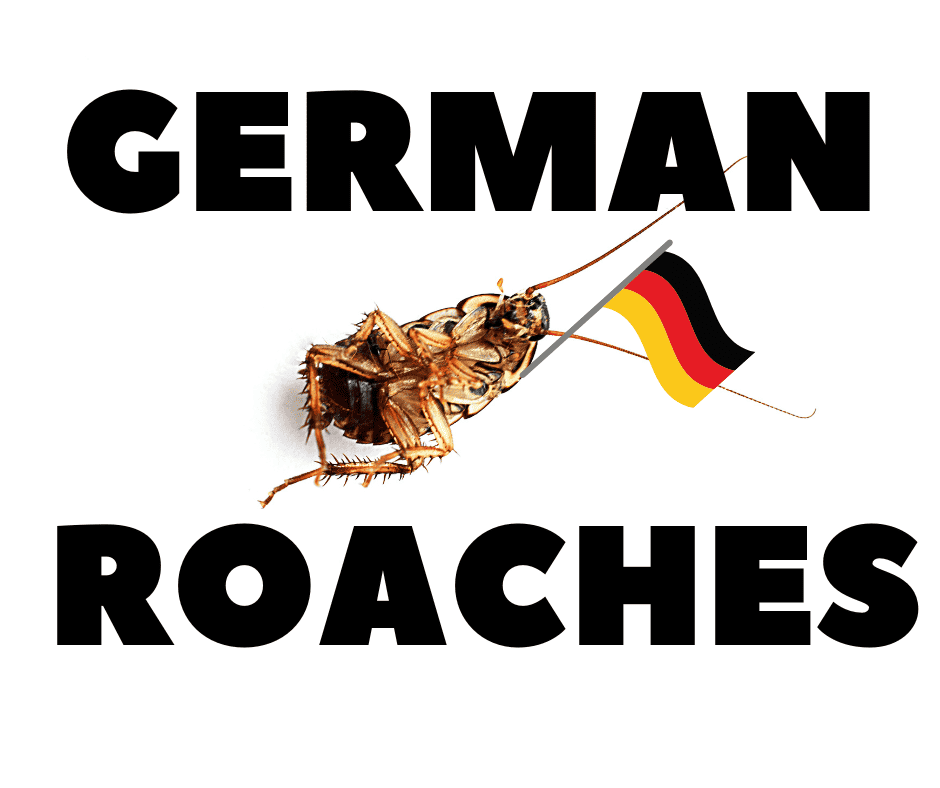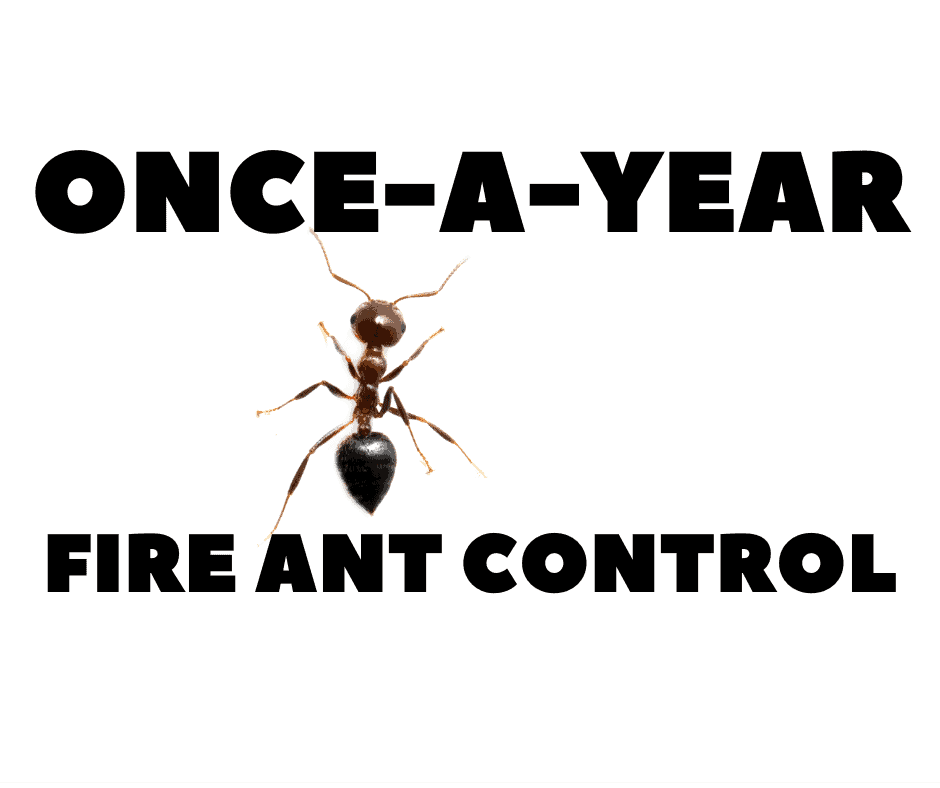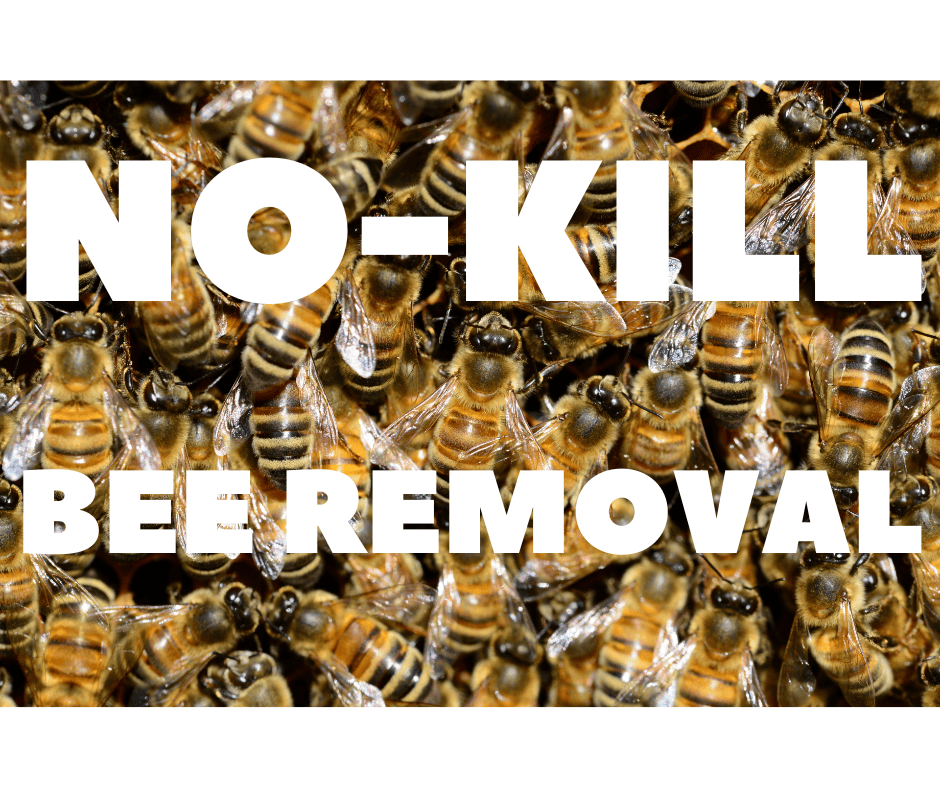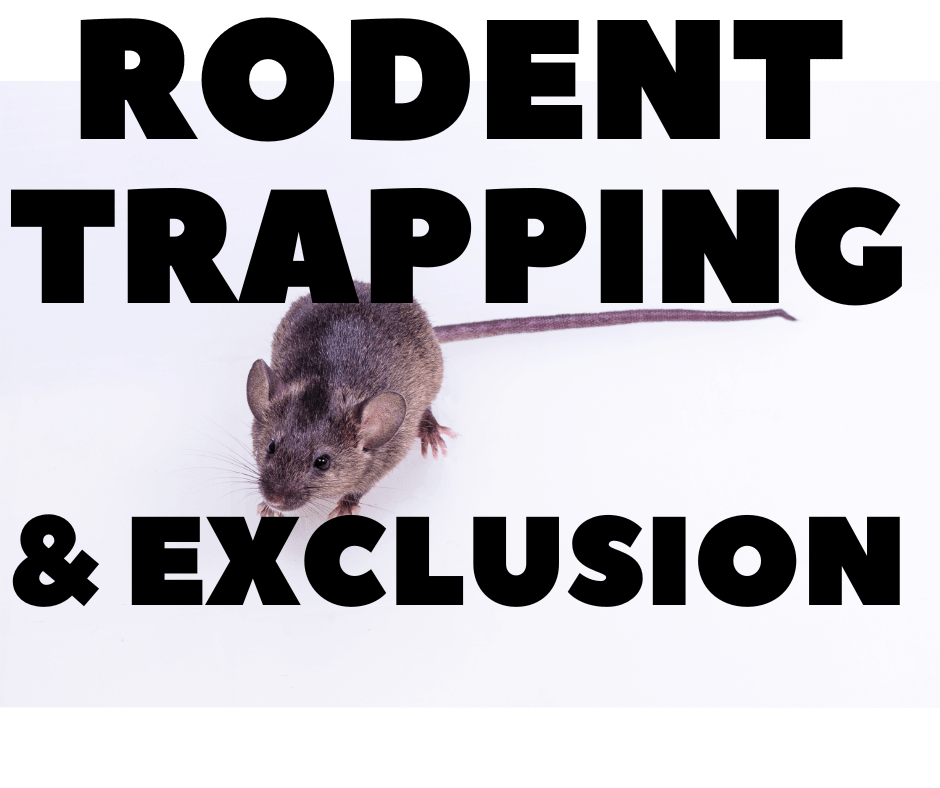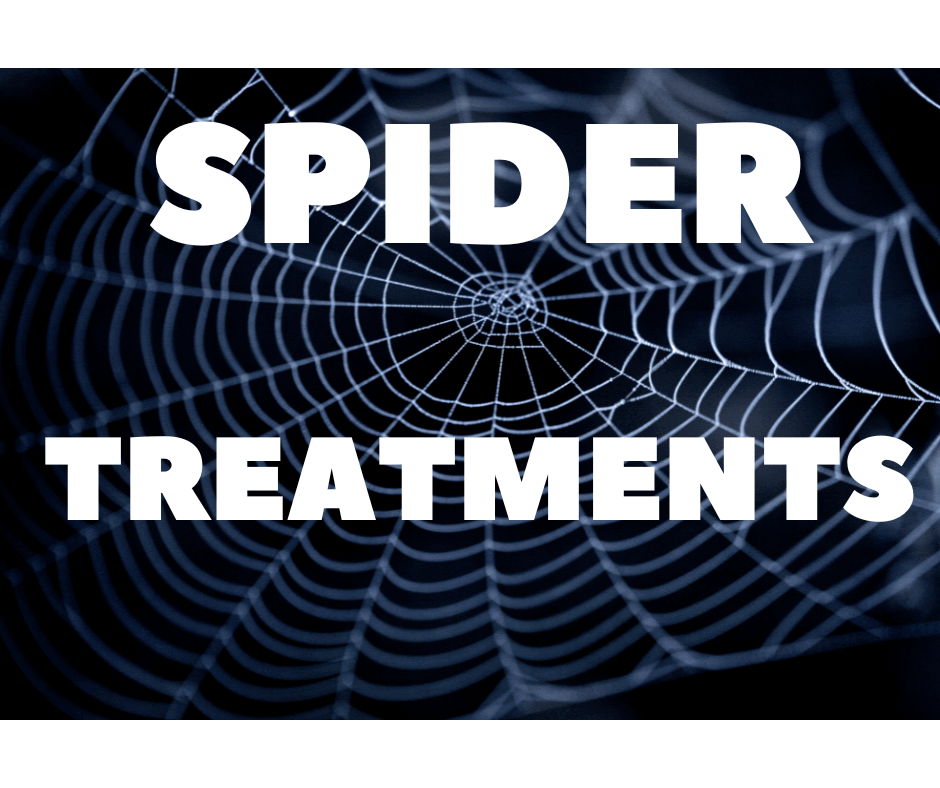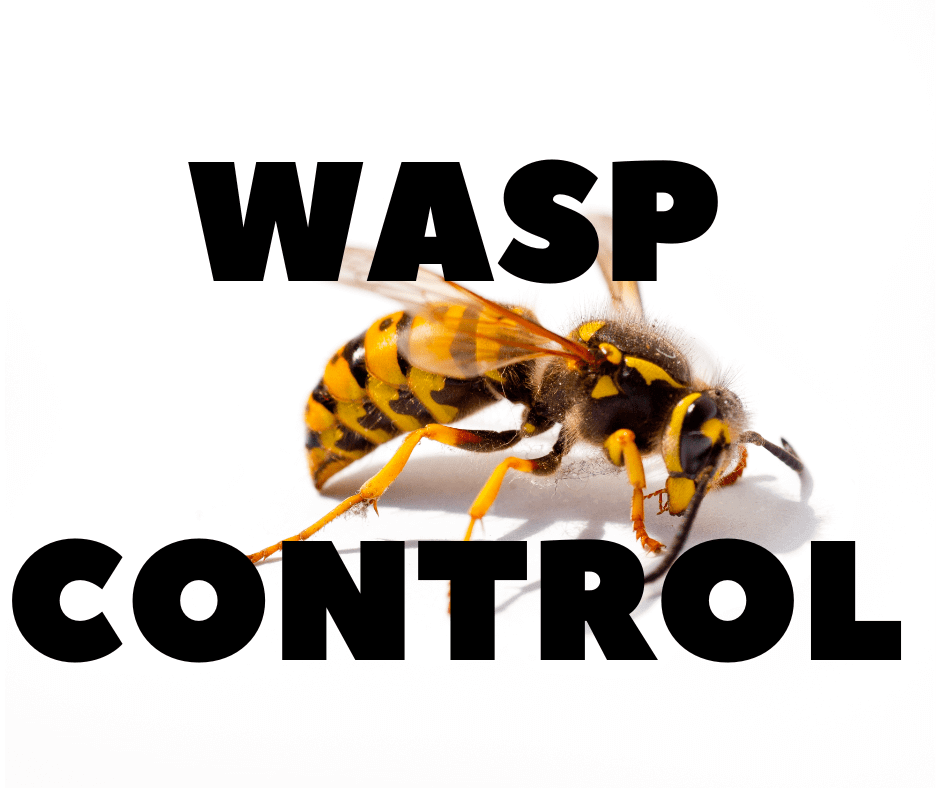Table of Contents
- 1 MILLIPEDE CONTROL TREATMENTS:
- 2 MILLIPEDE CONTROL, PREVENT ENTRY:
- 3 HOW MUCH DOES IT COST TO CONTROL MILLIPEDES?
- 4 Cities and Towns We Serve
- 5 FAQ’s:
- 5.1 What are millipedes?
- 5.2 Are millipedes dangerous?
- 5.3 Why do I have millipedes in my house?
- 5.4 Where do millipedes come from?
- 5.5 How do I get rid of millipedes?
- 5.6 What are the signs of a millipede infestation?
- 5.7 How can I prevent millipedes from coming into my house?
- 5.8 What do millipedes eat?
- 5.9 Can millipedes bite?
- 5.10 Are millipedes poisonous?
- 5.11 What cities in Brevard and Indian River Counties do you service for Millipedes?
- 6 SCHEDULE YOUR MILLIPEDE CONTOL TREATMENT TODAY!
- 7 RELATED LINKS:
- 8 Special Pest Control Services
- 8.1 ATTIC DUSTING: PERSISTANT & EFFECTIVE
- 8.2 Bed Bug Treatments
- 8.3 Car Roach Treatments, Fast & Guaranteed
- 8.4 CARPENTER ANT CONTROL: SAFE & EFFECTIVE
- 8.5 Crawl Space Treatment: Mobile Home Pest Control
- 8.6 FAST PROFESSIONAL LARGE ROACH CONTROL
- 8.7 Flea and Tick Treatment; Safe & Effective
- 8.8 German Cockroach Treatments: Quick & Safe
- 8.9 Guaranteed Once-A-Year Fire Ant Control
- 8.10 MILLIPEDE CONTROL; FAST RESULTS
- 8.11 NO-KILL BEE REMOVAL; EFFECTIVE SWARM REMOVAL
- 8.12 Rodent Trapping & Exclusion; Guaranteed Rat Control
- 8.13 Spider Treatment; Safe & Fast
- 8.14 WASP CONTROL
Finally, Millipede Control!
Millipedes are long, worm-like creatures with many legs. They are often found in moist, shady areas, such as gardens, mulch beds, and under rocks. While millipedes are not harmful to humans, they can be a nuisance.
Millipedes are sometimes the result of overwatered lawns.
These creepy invaders can clog pool filters and ruin romantic dinners.

MILLIPEDE CONTROL TREATMENTS:
You can expect to start to see relief from the Millipede Treatment the first night after our service. Millipede treatments can last up to 30 days though often 1 treatment is all it takes to achieve semi-permanent relief from these pesky critters.
Proper lawn irrigation can help to reduce the millipede “pressure” on your home.
MILLIPEDE CONTROL, PREVENT ENTRY:
Keeping millipedes out in the first place is the best way to mitigate your invaders.
- Seal cracks and gaps around windows and doors. Millipedes can squeeze through even the smallest openings, so it’s important to seal any cracks or gaps around windows and doors with caulk or weatherstripping.
- Seal cracks and gaps in the foundation. Millipedes can also enter your home through cracks and gaps in the foundation. To seal these openings, you can use caulk, expanding foam, or concrete.
- Install door sweeps. Door sweeps are a type of weatherstripping that helps to seal the bottom of doors. This can help to prevent millipedes from crawling under the doors.
- Screen vents. Millipedes can also enter your home through vents in the soffit. To prevent this, you can screen all of the vents in the eaves of your home.
- Keep your home dry. Millipedes are attracted to moisture, so it’s important to keep your home dry.
- Remove debris from around your home. Millipedes like to hide in moist, dark places. To discourage them from coming into your home, remove any debris from around your foundation, such as leaves, mulch, and woodpiles.
- Check your garage door seal. A worn out garage door seal is an open invitation to millipedes. Replace if necessary.
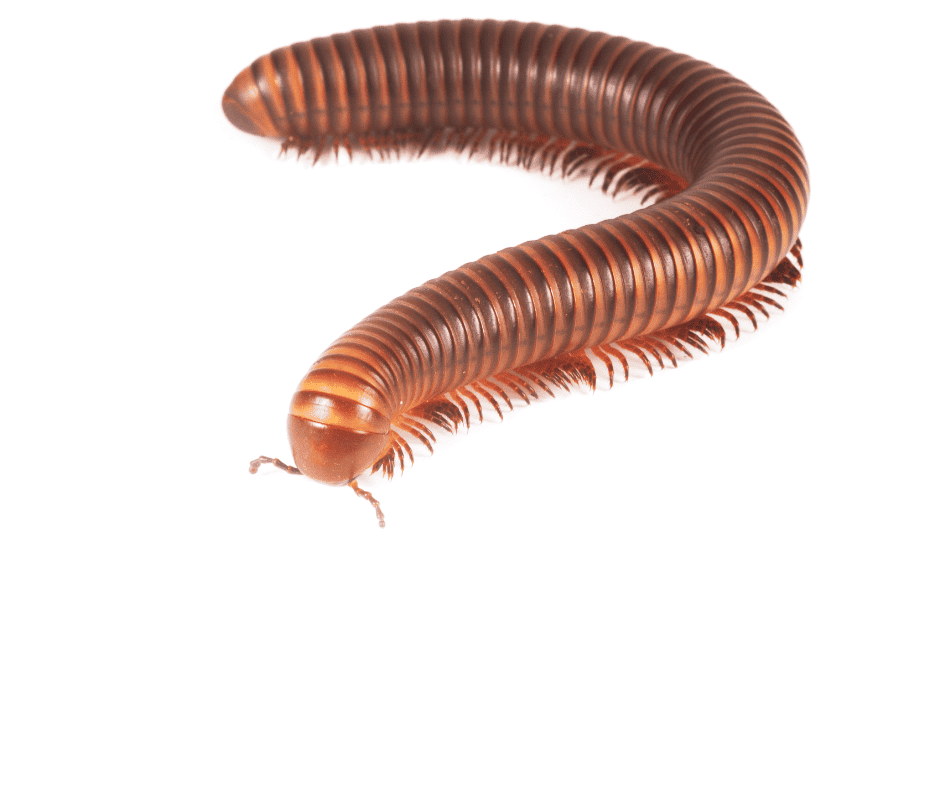
HOW MUCH DOES IT COST TO CONTROL MILLIPEDES?
Millipede Control starts at $299.00 for houses under 1,350 square feet.
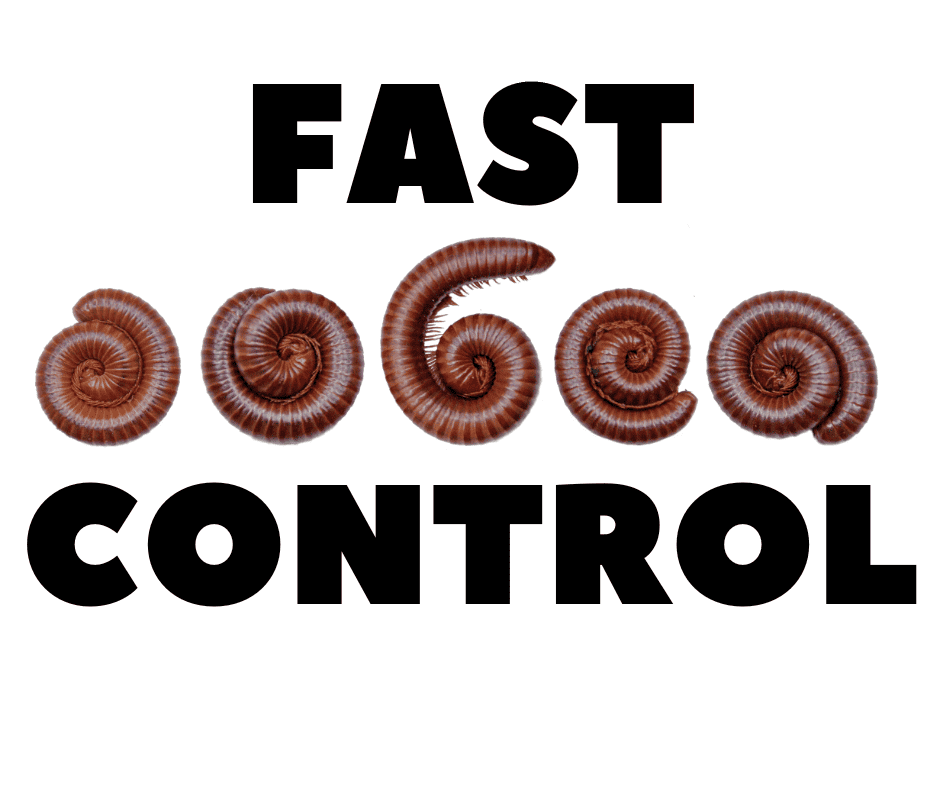
Cities and Towns We Serve
- Malabar
- Grant-Valkaria
- Palm Bay
- Turkey Creek
- Melbourne Village
- West Melbourne
- Melbourne
- Palm Shores
- Suntree
- South Patrick Shores
- Viera
- Rockledge
- Cocoa
- Merritt Island
- Cape Canaveral
- Cocoa Beach
- Avon By the Sea
- Indian Harbour Beach
- Indialantic
- Melbourne Beach
- Floridana Beach
- Roseland
- Vero Beach
- Orchid
- John’s Island
- Indian River Shores
- North Hutchinson Island
- South Beach
- Vero Lake Estates
- Fellsmere
- Wabasso Beach
- Sebastian
- Barefoot Bay
FAQ’s:
What are millipedes?
Millipedes are long, segmented invertebrates with two pairs of legs on most body segments. They are not insects, but they are related to centipedes. Millipedes are typically found in moist, dark places, such as under rocks, logs, and leaf litter.
Are millipedes dangerous?
Millipedes are not dangerous to humans. They do not bite or sting, and their droppings are not harmful. However, they can be a nuisance, and their presence can be indicative of a moisture problem in your home.
Why do I have millipedes in my house?
Millipedes are attracted to moist, dark places. If there is a moisture problem in your home, such as a leaky pipe or a damp basement, it can attract millipedes. Millipedes may also be attracted to food scraps, so it is important to keep your kitchen clean and free of clutter.
Where do millipedes come from?
Millipedes can come from a variety of places, including the soil, the surrounding vegetation, and even from other infested homes. They can enter your home through cracks and crevices in the foundation, around windows and doors, and through plumbing pipes.
How do I get rid of millipedes?
There are a number of ways to get rid of millipedes. You can try physical removal, using traps, or using chemical treatments.
Physical removal: You can remove millipedes by hand or with a vacuum cleaner. Be sure to dispose of them in a sealed container so they do not escape.
Traps: There are a number of traps available that can be used to catch millipedes. These traps work by attracting the millipedes with food or moisture.
Chemical treatments: Chemical treatments can be effective in killing millipedes. However, it is important to use these treatments carefully, as they can also be harmful to humans and pets.
What are the signs of a millipede infestation?
-Seeing millipedes crawling around your home.
-Finding millipede droppings (small, black pellets)
-Finding damaged plants or flowers.
How can I prevent millipedes from coming into my house?
There are a number of things you can do to prevent millipedes from coming into your home:
-Fix any moisture problems in your home.
-Keep your home clean and free of clutter; inside & out.
-Seal up any cracks and crevices in your foundation, around windows and doors, and through plumbing pipes.
-Use weatherstripping/sweeps around doors and windows.
-Install a dehumidifier in your basement or other damp areas.
-Keep your yard clean and free of organic debris.
-Avoid overwatering your lawn.
What do millipedes eat?
Millipedes are detritivores, which means they eat decaying plant material.
Can millipedes bite?
Yes, some millipedes can bite. However, their bites are not usually harmful to humans.
Are millipedes poisonous?
Some millipedes can produce a poisonous substance called hydrogen cyanide. However, this substance is only released when the millipede is crushed or threatened.
What cities in Brevard and Indian River Counties do you service for Millipedes?
We proudly serve Palm Bay, Suntree, Viera, Rockledge, Cocoa Village, Merritt Island, Cape Canaveral, Cocoa Beach, Satellite Beach, Indian Harbour Beach, Indialantic, Melbourne Beach, Vero Beach, Sebastian, Grant-Valkaria, and Barefoot Bay.
